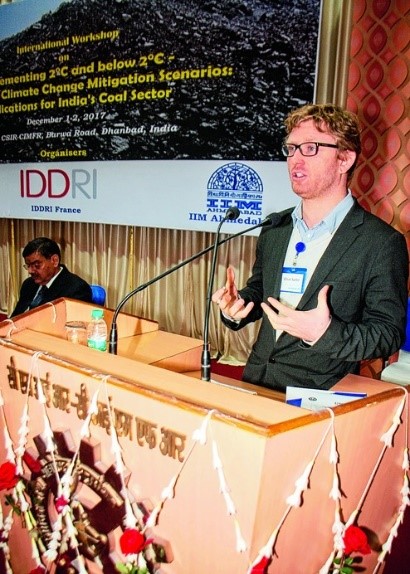A number of new forces are emerging that will have implications for the future of the coal sector. At one level, the Paris Climate Agreement set a goal of keeping climate change impacts to well below +2°C of warming and aiming from +1.5°C. Coal currently accounts for 28% of global primary energy consumption and approximately 46% of global CO2 emissions. The coal sector will thus also be required to contribute to the broader climate goal by making a transition of its own.
The goal of this event is to discuss implications of possible coal transitions – both internationally and in India - the barriers, path dependencies, socio-economic and socio-political conditions under which it could be possible, and to draw insights from international experiences and policy debates.
The event aims to promote an open discussion between researchers, industry stakeholders and policy makers on the following topics (non-exhaustive):
- What are the implications of <2°C compatible climate mitigation scenarios for coal demand both in India and internationally?
- How might the Indian coal market evolve under alternative climate policy scenarios in India and in coal exporting countries?
- What are the potential implications for different stakeholder groups in India of these evolutions and how might the risks they face be managed most effectively?
- How could an Indian coal transition be reconciled with the need to avoid creating stranded assets, socio-economic and socio-political challenges?
- What lessons can be learned from coal and other industrial transitions abroad, both past and present?
- Is there a need for stronger international cooperation on coal going forward?
Organisation: Indian Institute of Management (IIMA), IDDRI, Central Institute of Mining and Fuel Reasearch (CIMFR)


